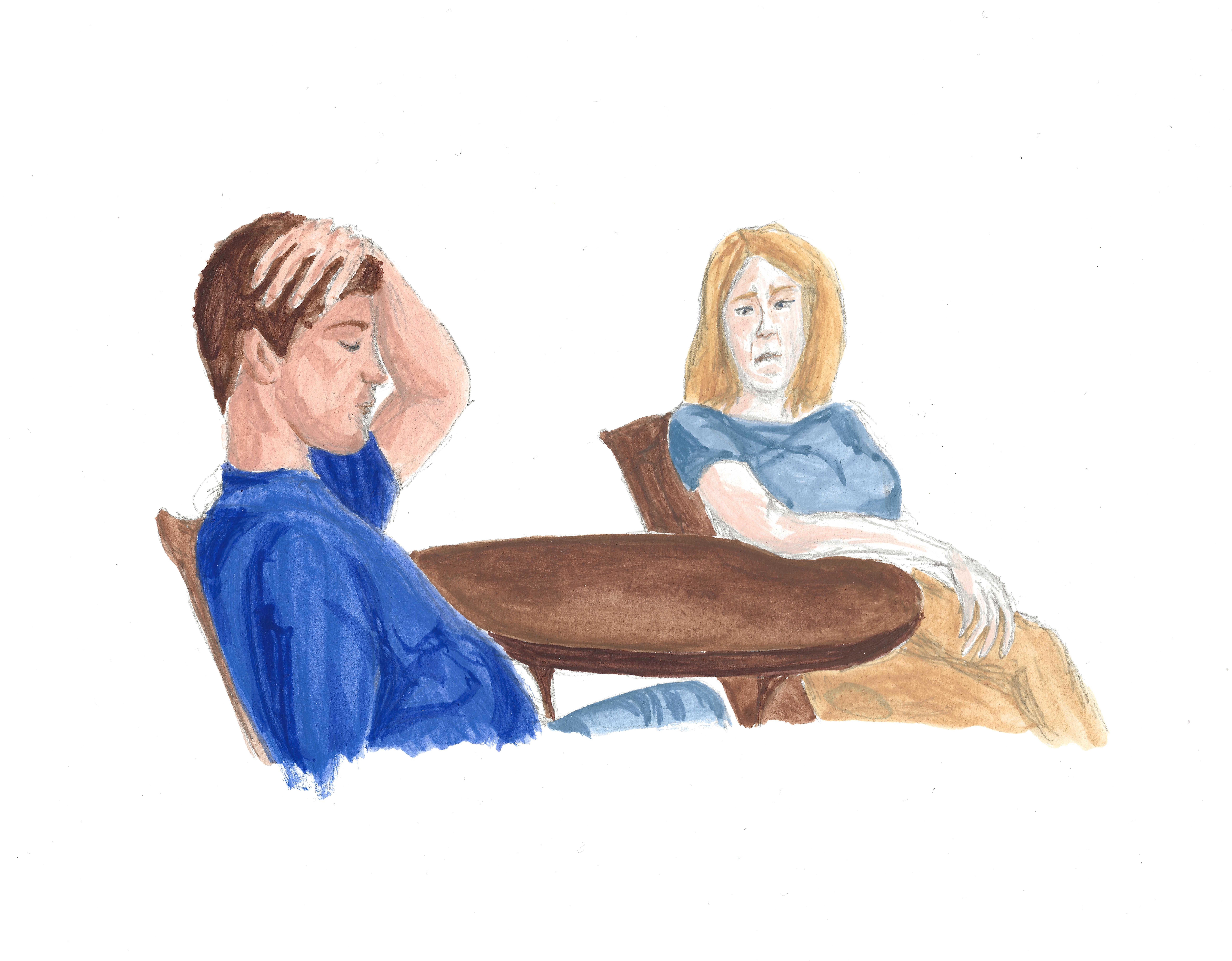Mental health has been the great secondary talking point of the Covid-19 pandemic. While some have used the effect of government restrictions on people’s wellbeing as an argument against lockdowns, most of the discussion has revolved around adapting the country’s mental health services to the new normal in Ireland. The news of increased applications to Trinity’s Mental Health support service is no surprise given this, and it emphasises the importance of increased funding.
The impact of the pandemic on mental health was stressed from the beginning of lockdown. In May, Head of the Irish Association for Counselling and Psychotherapy, Lisa Molloy wrote that by looking at the effects of previous crises, we could predict the fallout of Covid-19 on mental health. She cited Hurricane Katrina and the Ebola outbreak in Sierra Leone as two examples of disasters which led to increased rates of anxiety, depression, and post-traumatic stress disorder (PTSD) among local populations. With regard to the effect of lockdown on mental health, Molloy wrote that hospital staff who had to quarantine during the SARS outbreak in 2003 also faced increased symptoms of depression and PTSD. Molloy called on the government to allow counselling and psychotherapy to play a “central role” in the public healthcare system: “This is a critical requirement that will be essential in safeguarding the longer-term mental wellbeing of this nation.”
The pressure faced by mental health services as a result of the pandemic will only exacerbate what has been described as a crisis in the sector. Writing in the Journal last week, Dr. Mark Murphy, a GP based in Dublin said that GPs needed more support from the government in order to provide effective mental healthcare. He estimated that “possibly 25% of GP-workload relates directly with managing mental health symptoms, including anxiety symptoms, depressive symptoms and addiction”. He said that there is an overreliance on charities such as Pieta House to provide these healthcare services, and argued that an effective response to the effect of the pandemic on mental health would need to be “streamlined, and embedded within existing healthcare services”.
Eight months on from the first confirmed case of Covid-19 in Ireland predictions about the pandemic’s effects on mental health appear to have rung true, particularly among young people, who have seen their social and academic lives cut short. A survey by RTÉ of 1,000 Leaving Certificate students found that 61% reported a low overall level of wellbeing, with 46% saying they had experienced anxiety and/or depression. Students at third level have faced similar constraints, and a deterioration of their overall wellbeing is to be expected. It is not surprising, given this, that Trinity’s mental health services have seen an increase in student enquiries.
When he announced the €5 million funding package for mental health supports at third level in August, Minister for Further and Higher Education Simon Harris said that the pandemic had been a challenge for students, and that it was necessary to support “student counselling services, key mental health interventions and the provision of a safe, respectful, supportive and positive environment in our higher education institutions.” The reports from Trinity’s Health Service emphasise the importance of increased funding for mental health services at third level. For many students, their college or university is the first place they look to for support.






